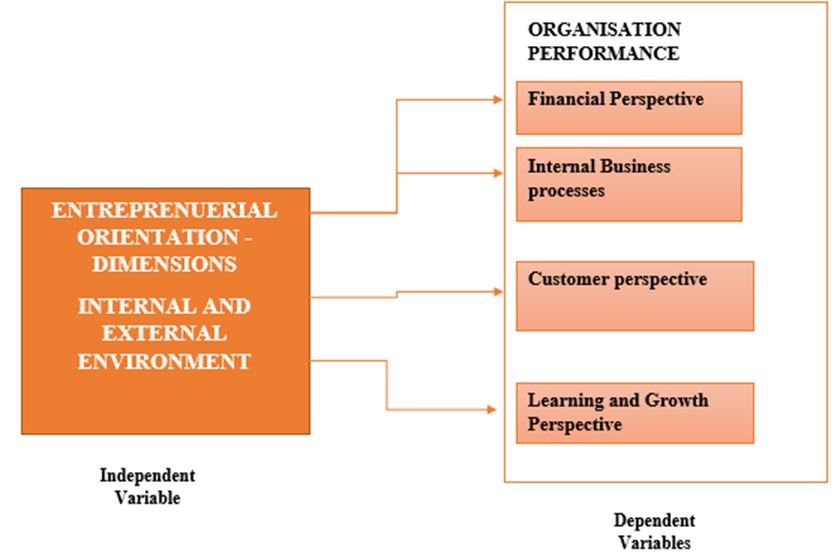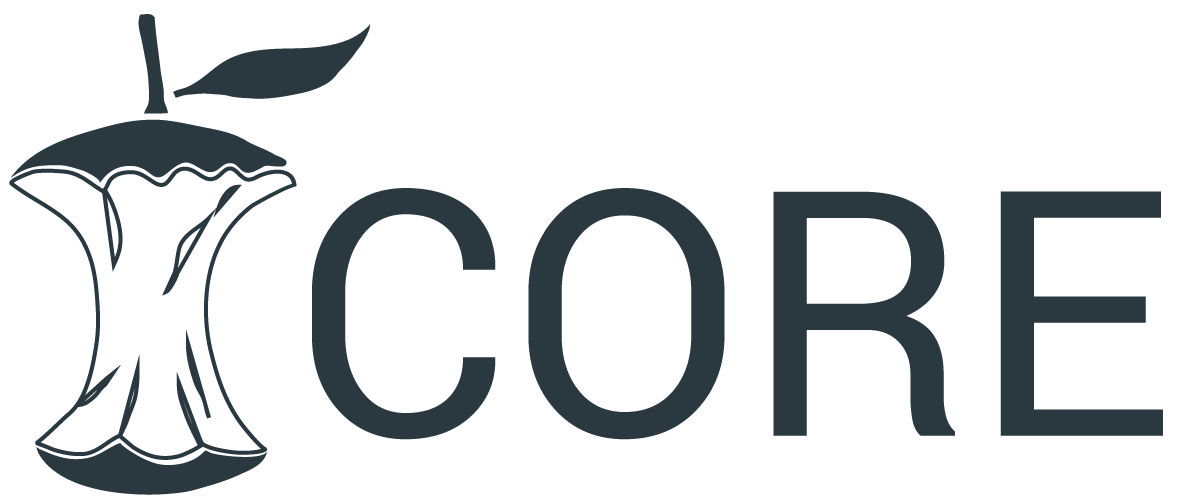The Effect of Entrepreneurial Orientation on Performance of Agriculture Cooperatives: A Study of Solar Milling Plant Cooperatives in Southern Province of Zambia
DOI:
https://doi.org/10.5281/zenodo.15210430Keywords:
entrepreneurial orientation (eo), agricultural cooperatives, business performance, internal environment, external environmentAbstract
The Solar Powered Milling Plants Project, a cornerstone of Zambia’s Presidential Milling Initiative, was introduced to boost the economy and improve rural livelihoods by providing sustainable milling solutions. Despite substantial support from the government, stakeholders, and donor agencies, the performance of agricultural cooperatives especially in Zambia’s Southern Province has remained suboptimal. With agriculture contributing only 2.74% to the country’s GDP and cooperatives accounting for 12% of agricultural GDP, there was a clear gap between potential and realized impact, raising concerns about the effectiveness of these cooperatives in meeting economic and social objectives. This study examined the influence of entrepreneurial orientation (EO) on the business performance of solar milling cooperatives in Southern Province of Zambia, aiming to uncover strategies to enhance their success. The research employed an embedded mixed-methods design, primarily focusing on quantitative data while incorporating qualitative insights. Data were gathered from 364 cooperative members using survey tools and semi-structured interviews. Convenience and purposive sampling techniques ensured targeted participant engagement, with 308 respondents forming the final analysis group. Among these respondents, 70.5% were female and 25.3% were male, reflecting the significant role of women in cooperative operations. The study revealed that EO dimensions, including innovation, pro-activeness, and risk-taking, had a measurable and positive effect on cooperative business performance. A strong positive correlation (p < 0.01) was identified between EO and performance, suggesting that entrepreneurial practices could drive significant improvements in cooperative outcomes. Further, the study examined the interplay between internal and external business environments and cooperative performance. The findings demonstrated a robust positive relationship between these environments and performance, with a correlation coefficient of 0.947. Combined, internal and external factors explained 89.7% (R-Square: 0.897) of the variance in business performance, underscoring their critical role. Internally, cooperatives faced challenges related to operational costs, leadership capabilities, and technical skills, while externally, government policies, market accessibility, and raw material availability emerged as key influencers. The thematic analysis also highlighted that cooperatives capable of organizing their grain supplies and engaging in commercial milling achieved better financial results than those relying on toll milling. This finding emphasized the need for skill development programs, particularly in entrepreneurship and equipment repair, to enhance operational efficiency. The study concluded that EO, alongside both internal and external environmental factors, plays a pivotal role in determining the success of solar milling cooperatives. Key recommendations included fostering innovation, promoting entrepreneurial training, and addressing external barriers such as market access and policy restrictions. By strategically leveraging EO dimensions and improving their internal and external operational frameworks, cooperatives can enhance their financial performance and sustainability. This research contributes valuable insights into improving the efficiency and resilience of agricultural cooperatives, aligning with Zambia’s broader goals of rural development, economic diversification, and food security.
Downloads
References
Benos, T., & Kalogeras, N. (2016, April 5). Harnessing a ‘Currency Matrix’ for performance measurement in cooperatives: A multi-phased study. MDPI, 14(2), 1-5.
Bijman, J. (2012). Support for farmers. OECD: Wageningen University, The Netherlands.
Covin, J., & Miller, D. (2014). International entrepreneurship: A competitive advantage for global firms. Journal of International Business Studies, 45(8), 1-21.
Covin, J., & Slevin, D. (1991). A conceptual model of entrepreneurship as firm behavior. Entrepreneurship theory and practice, 16(1), 7-25.
Cropp, R. &. (1989). Structure and scope of agricultural cooperatives. Cooperatives in Agriculture, 35-67.
Guulruh, G., & Sinem , A. (2009, September 4). Entrepreneurial management, entrepreneurial orientation and Turkish small firm growth. Management Research, 32.
Kantur, D. (2016). Strategic entrepreneurship: Mediating the entrepreneurial orientation-performance link. Management Decision, 54(1), 24-43.
Lumpkin, G. a. (1996). Clarifying the entrepreneurial orientation construct and linking it to performance. Academy of Management Review, 21(1), 135 - 172.
Lumpkin, G., & Dess, G. (2001). Linking two dimensions of entrepreneurial orientation to firm performance: The moderating role of environment and industry life cycle. Journal of Business Venturing, 16(5), 429-451.
Miller, D. (1983). The correlates of entrepreneurship in three types of firm. Management Science, 29 (7), 770 - 791.
Ministry of Agriculture and Livestock. (2016). Farmer Input Support Programme (FISP) Implementation Manual. Lusaka: Government Printers (GRZ).
Mungule, M. C. (2016). Validating a measurement scale for entrepreneurial actions for sustainable corporate entrepreneurship using confirmatory factor analysis. Gaborone: Research Gate.
O'Neill, A. (2021). Share of economic sectors in the GDP in Zambia 2019. New York: Statista.
Royer, J. S. (2014, May 5). The theory of agricultural cooperatives. Agricultural Economics, 1-7.
Venkatraman, N. a. (1989). Measurement of business performance in strategy research: a comparison of approaches. The Academy of Management Review, 11(4), 801 - 814.
Wiklund, J., & Shepherd, D. (2005). Entrepreneurial orientation and small business performance: A meta-analysis. Entrepreneurship Theory and Practice, 29(4), 313-332.
Yaluma. (2018). Status of solar powered milling plants project. Lusaka: Minister of Commerce, Trade and Industry.
Zambia Cooperative Federation (ZCF). (2018, August 7). Zambia cooperative to install 2,000 solar milling plants. Food business Africa, 1-5.

Published
How to Cite
Issue
Section
License
Copyright (c) 2025 Godfrey. M. Munyoro, Harrison Daka

This work is licensed under a Creative Commons Attribution 4.0 International License.
Research Articles in 'Management Journal for Advanced Research' are Open Access articles published under the Creative Commons CC BY License Creative Commons Attribution 4.0 International License http://creativecommons.org/licenses/by/4.0/. This license allows you to share – copy and redistribute the material in any medium or format. Adapt – remix, transform, and build upon the material for any purpose, even commercially.









